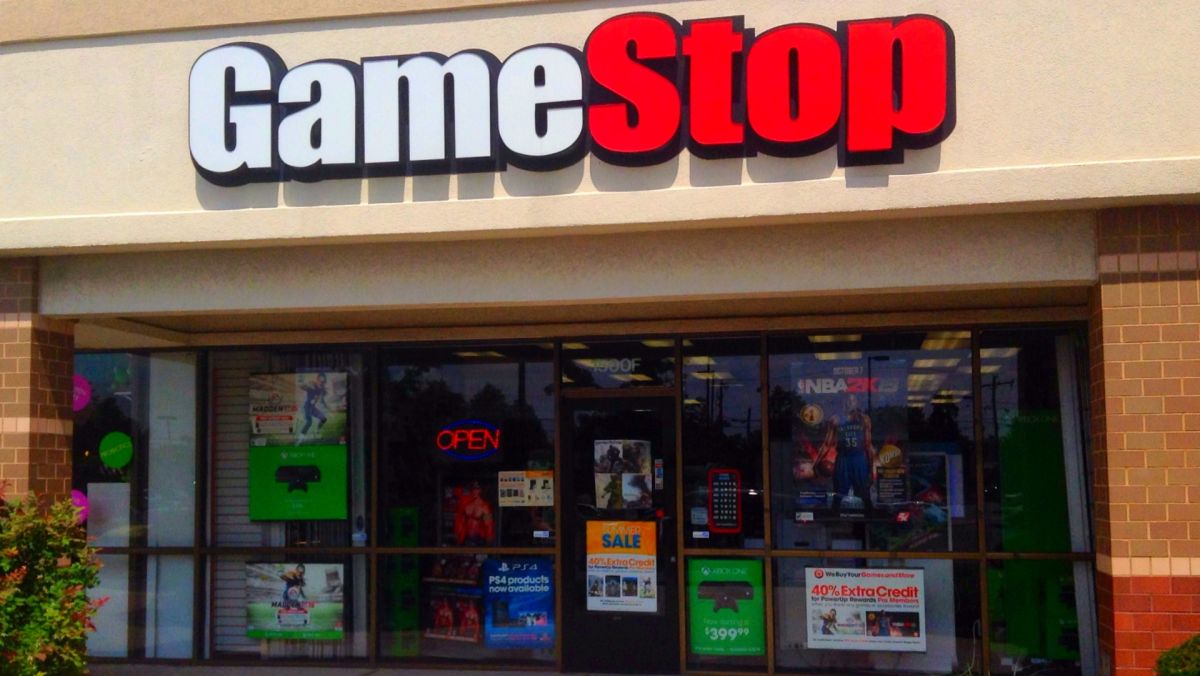PC Gamer is supported by its audience. When you purchase through links on our site, we may earn an affiliate commission. Here’s why you can trust us.
By published 5 August 22
The future sucks.
Sclerotic Funko Pop retailer GameStop continues its ill-advised NFT marketplace pivot despite a string of embarrassments. Less than two weeks after news broke that its service played host to an NFT “adaptation” of a famous image of a 9/11 victim (opens in new tab) falling to their death, an Ars Technica report (opens in new tab) has revealed that the GameStop NFT marketplace facilitated the sale of unauthorized NFT copies of indie games.
An individual named Nathan Ello released the NiFTy Arcade collection on GameStop’s marketplace, earning 8.4 ETH (about $14,000) in initial sales. Ello definitively did not have permission to use at least two of these games in his project, and it also appears, but is not entirely certain, that he was not authorized to use a further three more games included in the NiFTy Arcade. Ello additionally did not have license to use the PICO-8 engine utilized in all five of those games.
Ultimately, the NiFTy Arcade was pulled from the GameStop marketplace and Ello’s account was suspended, but the diffuse nature of NFTs means that users can still access their copies of these unlicensed games, and their creators may not have any recourse. Ello offered to compensate the developers harmed by the NiFTy Arcade, and has meanwhile revived the project on another marketplace with a promise that future games will be “in proper compliance with all terms of service of the NFT marketplace.”
This story is yet another example of the shady behavior facilitated by NFT marketplaces. The summer 2021 promises NFTs ensuring artists’ “ownership” of their work have swiftly given way to a reality where their work is often exploited against their will. This is all while the NFTs themselves continue to offer no tangible benefits or use cases beyond profit generation, as Brazilian developer Mark Venturelli so eloquently put in his talk at the Brazil International Games Festival (opens in new tab) last month. This isn’t even the first instance of NFT creators turning extant games into blockchain tokens, with MetaGravity’s Retro Arcade Collection (opens in new tab) offering this treatment to a selection of older, bigger-budget games.
It’s especially odious to see this spiritually deadening NFT nonsense from GameStop fester when you remember that the company recently laid off a significant number of employees (opens in new tab), including some of our peers at the long-running videogame magazine Game Informer.
Ted has been thinking about PC games and bothering anyone who would listen with his thoughts on them ever since he booted up his sister’s copy of Neverwinter Nights on the family computer. He is obsessed with all things CRPG and CRPG-adjacent, but has also covered esports, modding, and rare game collecting. When he’s not playing or writing about games, you can find Ted lifting weights on his back porch.
Sign up to get the best content of the week, and great gaming deals, as picked by the editors.
Thank you for signing up to PC Gamer. You will receive a verification email shortly.
There was a problem. Please refresh the page and try again.
PC Gamer is part of Future plc, an international media group and leading digital publisher. Visit our corporate site (opens in new tab).
© Future Publishing Limited Quay House, The Ambury, Bath BA1 1UA. All rights reserved. England and Wales company registration number 2008885.

